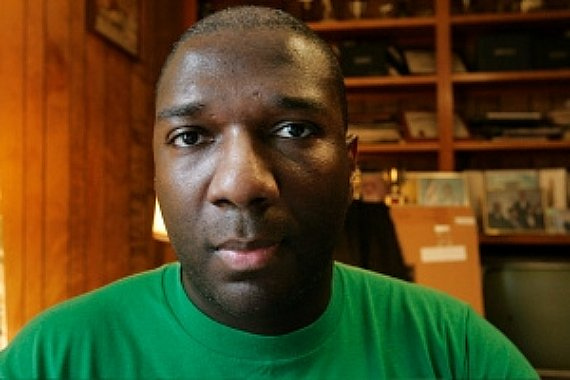Chicanery In South Carolina ? A Look At The Numbers
Nate Silver, the official number cruncher of the blogosphere, takes a look at the results of Tuesday’s Democratic primary in South Carolina and finds enough oddities to raise an eyebrow:
It seems to me one of four things could have happened here:
1. Vic Rawl and his campaign ignored the non-candidacy candidacy of Alvin Greene and so, despite Rawl’s slightly higher but still low statewide name recognition–much of which was unfavorable, mind you–Democratic primary voters chose Greene as a placemarker substitute for a candidate, Rawl, they either didn’t know or, if they did know, didn’t like.
2. Somewhat overlapping with #1, especially for the people who knew nothing about either Greene or Rawl, there was such a low level of voter information that this race was essentially a throw-a-dart-at-the-dartboard race in which one candidate among two mostly unknown candidates, Greene, won for some set of unknown and perhaps inexplicable reasons. (Familiarity of his surname? His name’s location on the ballot alphabetically?)
3. There was a coordinated, shrewd, under-the-radar whisper campaign among Republicans, who knew GOP incumbent Sen. Jim DeMint’s re-nomination was a lock, to vote for Greene in the Democratic primary. If you believe them, the suggestions and rumors that somebody put Greene up to run in the first place–which none other than SC Rep. Jim Clyburn has suggested aloud–gibe with this partisan “strategery” interpretation.
4. There was systematic vote fraud or ballot manipulation by who knows who.
As simple application of Occam’s Razor leads to the conclusion that what happened was some variation on either 1 or 2 and that the theory put forward by Tom Jensen, which I wrote about earlier today, is pretty much the truth. In other words, the most likely explanation is that thanks to the fact that the electorate was essentially equally uninformed about both candidates, they voted based on other factors such as familiarity with a name, or position on the ballot (Greene was listed first on the ballot). The prospect of either a stealth Republican effort to game the election results or outright voter fraud, without any real evidence of either, seem to me to be ridiculous enough to reject without concrete evidence.
More to come, I’m sure, as others continue to examine what may be the most bizarre election outcome in American politics in quite some time.
